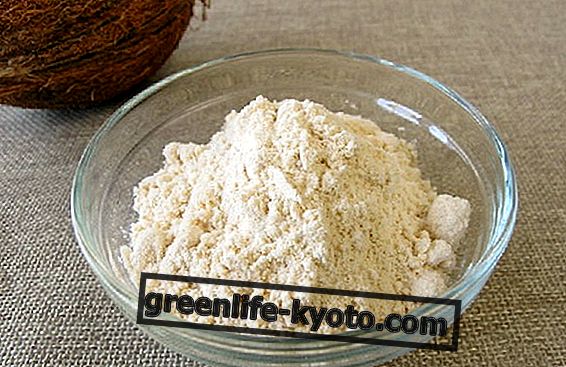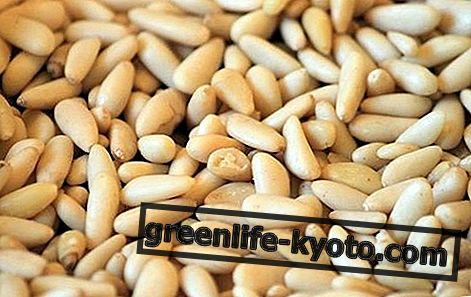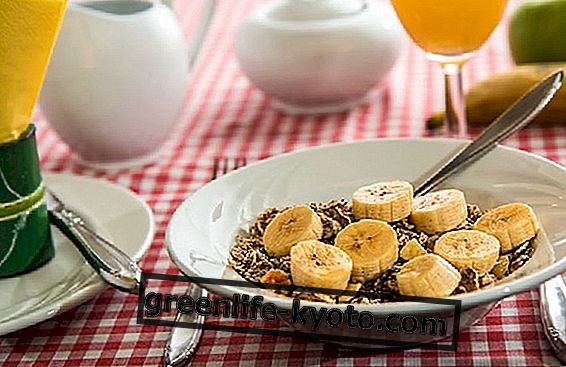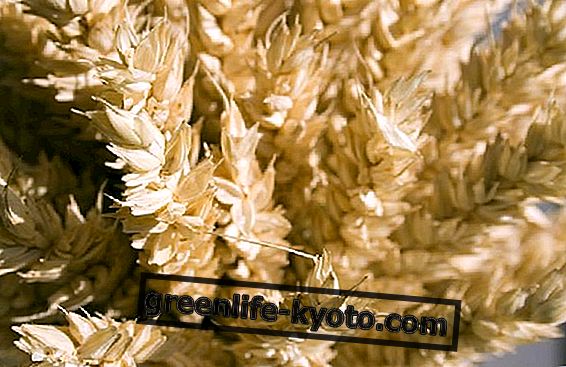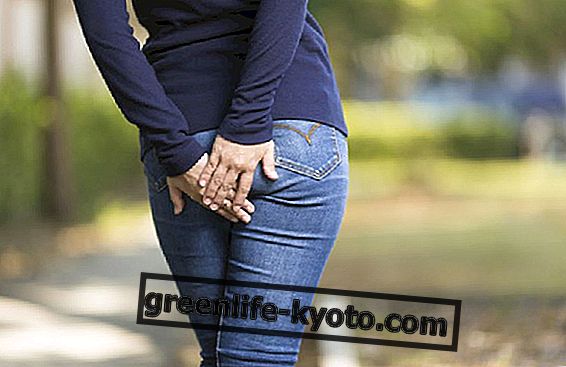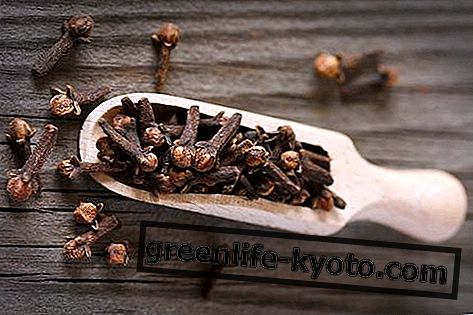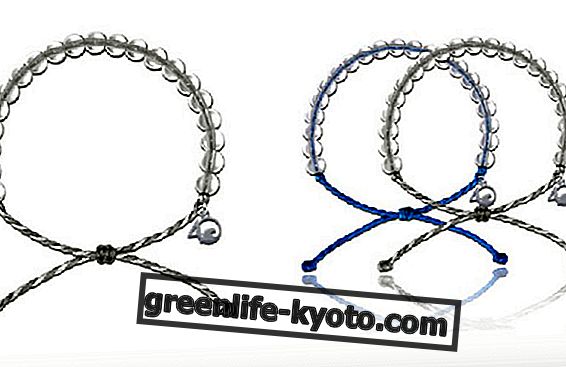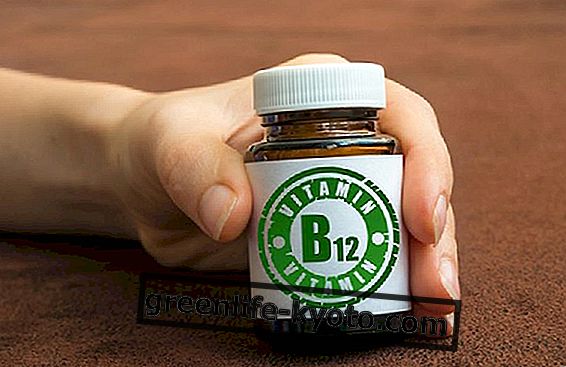Urinary retention is a bladder problem that affects regular urination. In summary, control over how much urine you release and at what time it fails. The enlarged prostate represents the most common risk of urinary retention in humans. Let's find out how to cure it.
>
>
>
Difference between normal prostate and enlarged prostate

Symptoms of urinary retention
The most frequent symptom, in addition to an irregularity in urination and a weak urine flow, is to always live with the feeling of not having emptied the bladder completely.
The delay between the attempt to urinate and the actual onset of urinary flow is a further symptom. In some cases it is possible to reach the capacity to urinate (complete urinary retention).
Causes
There are many risk factors that can determine the onset of the disease. In fact, some cases of urinary retention may be linked to pregnancy and childbirth, bladder surgery or the presence of kidney or bladder stones . Prostate or bladder cancer and diseases affecting the nerves can also be a risk factor, such as the use of certain drugs.
Diagnosis
The diagnosis of urinary retention is simple, as the difficulty in letting go of urine is obvious. You can have two different diagnostic outcomes:
- Obstructive retention: it is the case of a prostatic enlargement, a narrowing of the urethra, the presence of stones that partially occlude the urethra.
- Non-obstructive retention: this pathology may arise as a result of various causes: detrusor hyperreflexia with loss of normal coordination between detrusor and sphincter apparatus can lead to urinary retention due to bladder-sphincter dyssynergia; dysfunction in the conduction of nerve stimuli from the bladder to the brain; or inability to stretch the pelvic floor.
Post-optional catheterization is envisaged as an exam .
CARE FOR URINARY RETENTION
Feeding in case of urinary retention
The diet must be an anti acidosis diet, therefore the first foods to be cut out are the sausages and the foods that the body takes a long time to process, such as too fat dairy products or sweet ones with too heavy flours.
Better to avoid salting the dishes, not cooking foods for too long (which in doing so are also deprived of their properties). As for the hydration and the amount of water to drink, you should always hear your doctor, so as not to further overload your bladder.
Aubergines: a remineralizing food useful in case of urinary retention

Herbal remedies for urinary retention
As in the case of prostate-related diseases, many urological dysfunctions are treated with plants such as:
- Serenoa: the pre-Columbian natives used berries to treat various urological dysfunctions, prostate inflammation, erectile dysfunction and testicular atrophy. Even modern phytotherapy uses its fruits, rich in sterols, essential fatty acids, carotenoids, essential oils and polysaccharides, in the treatment of diseases of the male urogenital system and in the treatment of alopecia (androgynous baldness). Sterols, essential fatty acids, carotenoids, essential oils and polysaccharides play a balancing action on the male hormonal system, anti-inflammatory and diuretic, useful in benign prostatic hypertrophy in the first stage, in which urinary disorders (dysuria) predominate "and at the second stage, in which urinary retention increases, so the bladder never empties completely, but there is always a residue, perfect environment for the proliferation of microbes and bacteria.
- Bearberry: can be considered a very active antiseptic to be used whenever there is inflammation or infection in the urinary tract. It has an antibacterial, anti-inflammatory and calming effect on the continuous stimulation of urination or pain. It can be prescribed in case of prostatitis, acute and chronic cystitis, in urethritis, in colobacillosis . Among the various active ingredients that characterize bearberry, phenolic heterosides (arbutoside (6-10%, ) determine the antibacterial action, as they release the vidrochinone, the substance that effectively eliminates microbes. This last process is favored from the alkalinity of the urine, therefore in the case of those bacteria that make the basic environment such as Proteus vulgaris or Klebsiella pneumoniae, the use of Uva Ursi is more than ever appropriate, while in the case of acid urine it is good to basify artificially, with bicarbonate of sodium Gallic tannins (15-20%) protecting the mucous membranes of the urinary tract and influencing the adherence of microbes to the epithelium, they also have astringent qualities and therefore block the secretions produced by the inflamed mucous membranes cystitis.The triterpene monotropeoside (iridoid) and piceoside (hydroxyacetophenone) work in synergy with arbutin, exerting an anti-inflammatory action, very useful in infections of this type, characterized by fo rte burning .
Discover also what are the natural diuretic supplements
Traditional Chinese Medicine
The relevant organ is the bladder and it is a question of strengthening the immune system by pressing or inserting needles into:
- TAI YUAN (on the crossbar of the wrist, in the depression outside the radial artery), which tones up the energy of Spleen and Lung and regulates the balance of liquids;
- TAI CHONG (on the back of the foot, in the depression distal to the articulation between the I and II metatarsus), which tones the Liver and Biliary Vesicle;
- WEI CHONG (in the center of the popliteal fossa), which purifies heat and strengthens the lumbar area).
Aromatherapy for urinary retention
Essential oils with antibacterial and bacteriostatic action can be useful in treating urinary tract infections . These essences are taken by mouth 2 drops in a teaspoon of honey 1-3 times a day. Among the most suitable we find:
- Juniper essential oil: antiseptic of the urinary tract, like all essential oils, it has an anti-infective and antibiotic action, but in the case of juniper, it is specific for the genito-urinary system.
- Eucalyptus essential oil: it also performs an effective antibacterial activity, very suitable for diseases of the urogenital tract.
Homeopathy
Urinary infections in homeopathy are the expression of a generic condition of precarious health that has transformed the physical into a soil for bacteria. The homeopathic treatment in case of cystitis therefore aims at a profound action to stop the infectious process from becoming chronic. In case of acute cystitis, the treatment includes:
- Arsenicum album 9CH (5 granules, 3 times a day), indicated to reduce the burning sensation and in the event of impairment of the general conditions, with fever, weight loss;
- Cantharis 7 CH (5 granules, every 2-4 hours), a homeopathic preparation derived from the cantharide, an insect beetle of the Vescicanti family used in the case of inflammatory and infectious processes at the urinary level.
Another homeopathic remedy is Mercurius corrosivus 7 CH (5 granules, every 2-4 hours) or alternatively Serum anticolibacillaire 3 DH (1 ampoule, 3 times a day).
Exercises
It should not be confused with urinary retention with water retention . Of course, we are always talking about the body's water system, even if in the first case there is an intense urge to urinate but it is impossible to really empty the bladder for various reasons (infectious, inflammatory, pharmacological, neurological); in the second case we are faced with an accumulation of liquids in the interstitial spaces that can cause a swelling (edema) of various kinds.
The first case, that of acute or chronic urinary retention, cannot be considered to solve it through physical activity, it takes a specific therapy. However, it is true that physical activity plays a fundamental role with regard to prevention . Even just a quiet walk of at least an hour a day effectively reactivates the venous and lymphatic circulation.
Always as a preventive measure, swimming is very useful for water retention, thanks to the fact that the body remains horizontal and the liquids are not pushed downwards. Instead, running, spinning and all those sports that involve frequent foot impacts on the ground (eg tennis, volleyball, basketball) are contraindicated.
Go on tiptoe whenever you want, so as to stimulate circulation and venous return.
Together with the correction of all the above risk factors it may be useful to place a pillow under the mattress in order to lift it from the foot side.
Learn more about the most common disorders and natural remedies for the prostate
Image | Staffordshireurologyclinic.co.uk

